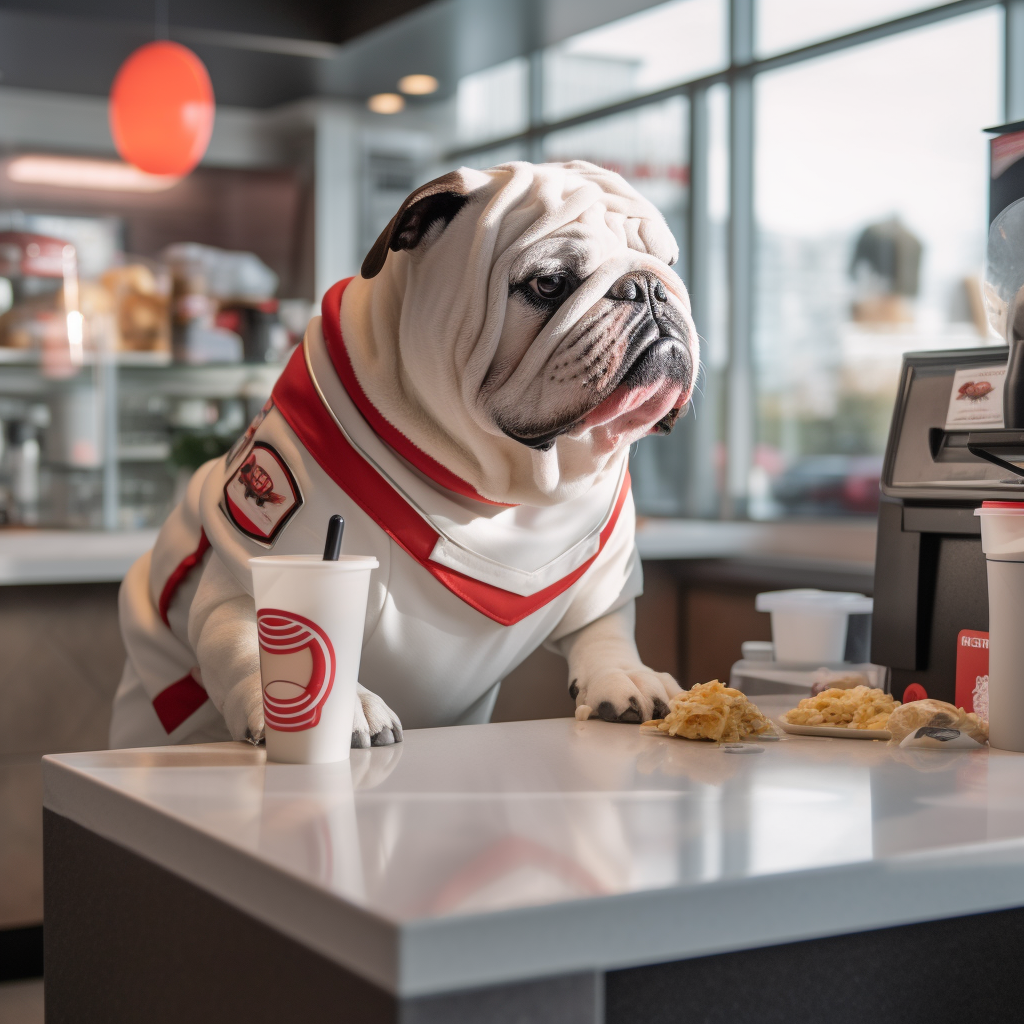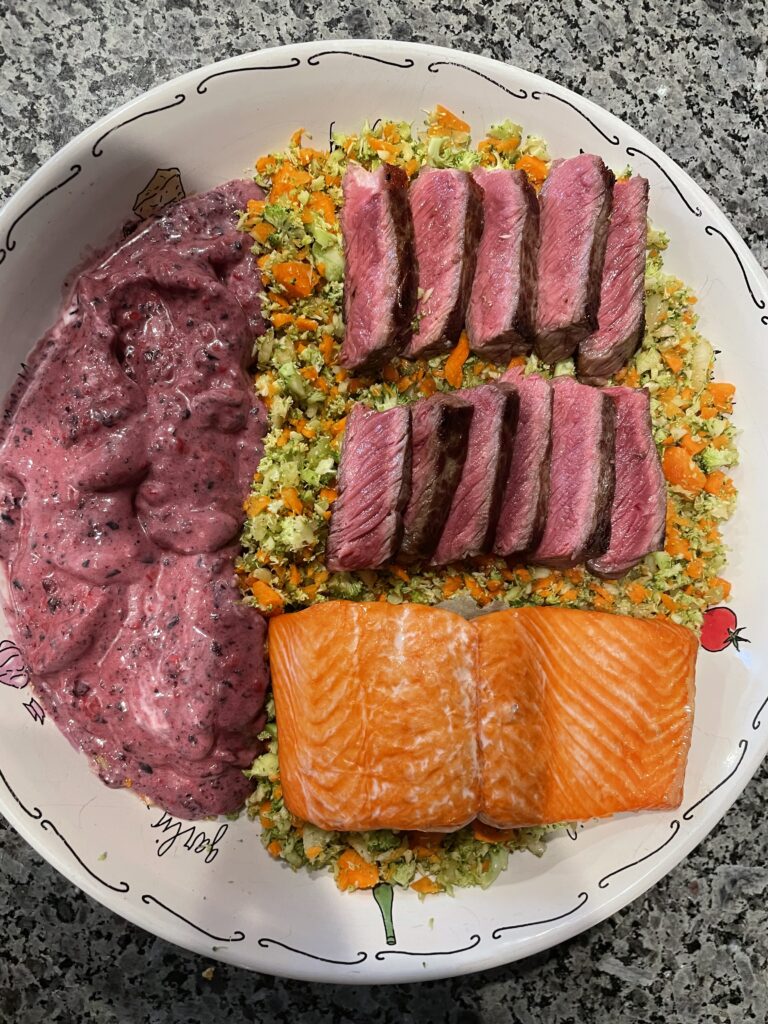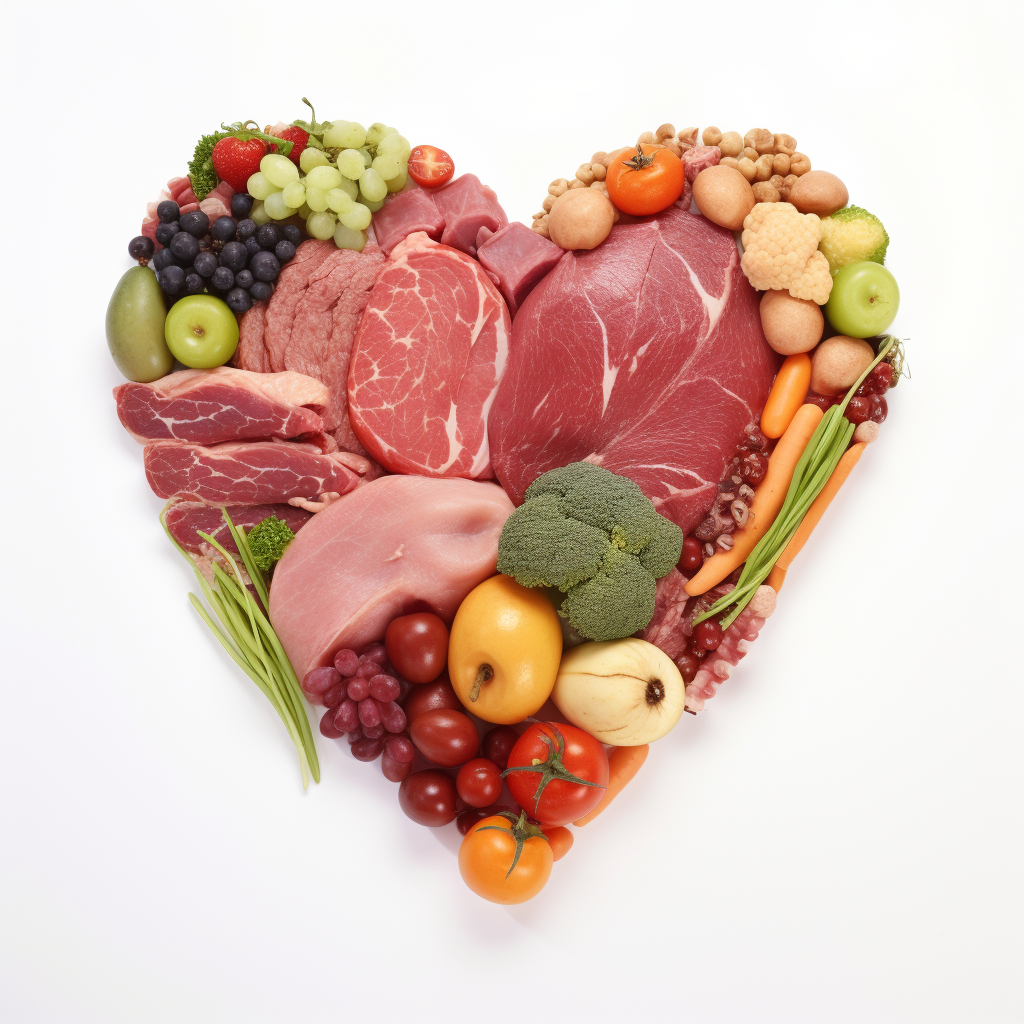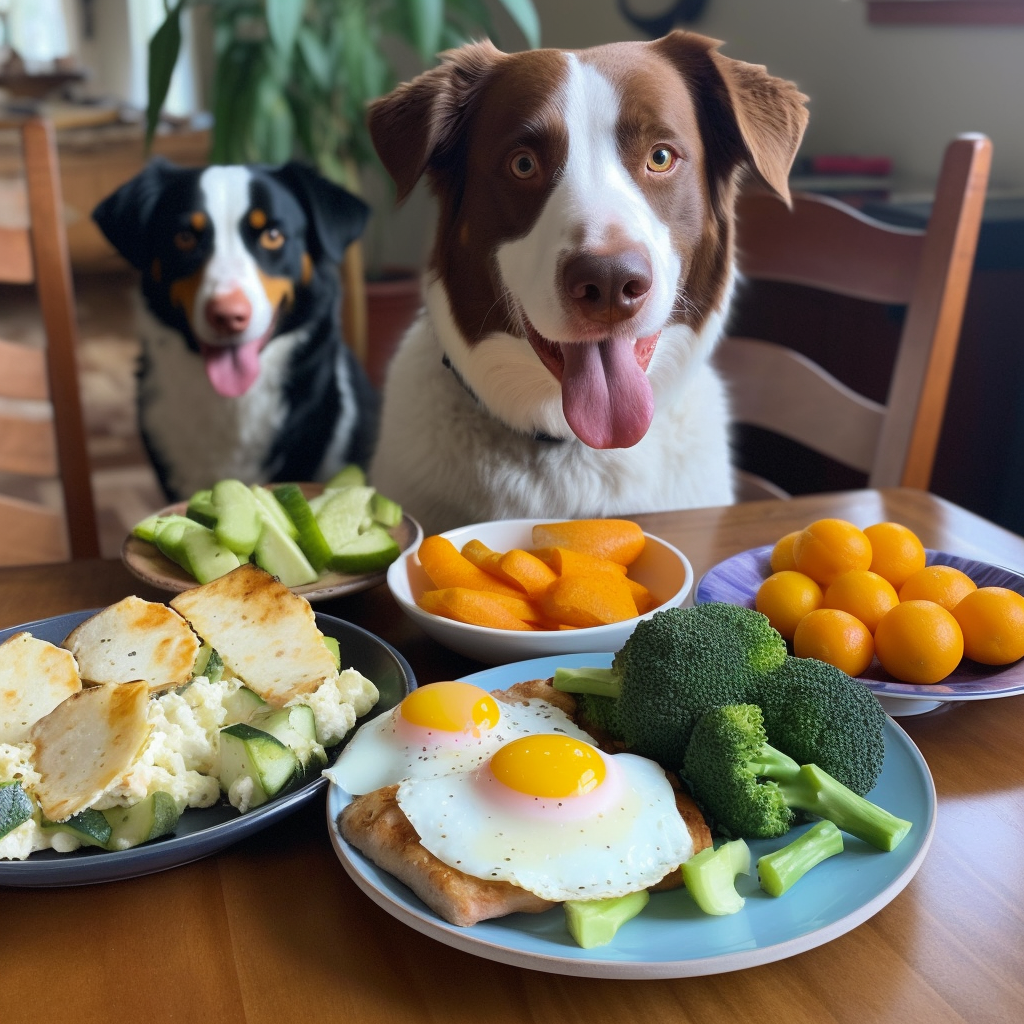As a devoted dog owner, you want nothing but the best for your furry friend. One significant decision you might be contemplating is whether to switch your dog from the conventional kibble diet to a more natural food regimen. While both options have their merits, there’s a growing trend towards natural diets due to the array of benefits they offer. In this guide, we’ll delve deeper into why transitioning to a natural food diet might be a paw-sitively great choice for your beloved canine companion.
1. Nutritional Value Beyond Measure
When it comes to nutrition, quality matters. Natural food diets are centered around whole, fresh ingredients that are rich in essential vitamins, minerals, and nutrients. Think of it as giving your dog a real feast rather than a processed meal. Lean meats, vegetables, and fruits provide a holistic nutritional profile that contributes to your dog’s overall health and vitality. The diverse range of nutrients can enhance their immune system, promote a shinier coat, and support healthy organ function.
2. The Lowdown on Processing
Let’s talk processing – the heart of the kibble vs. natural debate. Traditional kibble undergoes an intensive process involving high heat and pressure. Unfortunately, this can lead to the loss of vital nutrients that your pup needs to thrive. On the flip side, natural diets aim to minimize processing, preserving the nutritional integrity of the ingredients. It’s like serving your dog a plate of goodness that’s as close to nature as possible.

3. Moisture Matters
One advantage that often goes unnoticed is the hydration factor. Natural diets tend to have a higher moisture content due to the inclusion of fresh ingredients. This can be a game-changer, especially if your dog isn’t the best at staying hydrated throughout the day. Adequate moisture intake supports kidney health, aids digestion, and helps maintain your pup’s energy levels.
4. Digestive Delight
Dogs, like us, can have sensitivities or allergies to certain ingredients. Natural food diets empower you to take control and curate meals that align with your dog’s unique dietary needs. This personalized approach can lead to fewer digestive issues, less scratching, and a happier tummy overall.
5. The Art of Additives
Raise your paw if you’re concerned about artificial additives! Many commercial kibbles contain preservatives, flavors, and colors that sound more like a chemistry experiment than a meal. By switching to a natural diet, you’re steering clear of these questionable ingredients and offering your pup a wholesome, pure, and clean source of nourishment.
6. Unleash the Energy
Energy levels matter, and what your dog eats plays a vital role in this. Natural diets often contain high-quality proteins and healthy fats that provide the fuel needed for optimal muscle health, coat condition, and vibrant energy levels. A pep in their step? You got it!

7. Dental Health Magic
Did you know that some natural diets include raw bones or tougher food items? These natural dental aids can help clean your dog’s teeth while they enjoy their meals, potentially leading to better dental health compared to the softer kibble.
8. Tailoring Nutrition with Love
Just like us, dogs have unique dietary requirements. With a natural food diet, you have the freedom to customize your pup’s meals to suit their needs perfectly. Whether it’s weight management, special dietary considerations, or a specific nutrient balance, you’re crafting meals tailored to your furry friend’s well-being.
9. Happiness in Every Bite
Ever noticed how your dog lights up during mealtime? Natural diets often offer a wider variety of textures, flavors, and aromas that can tickle your pup’s taste buds. This heightened palatability can result in a better appetite and an overall more enjoyable dining experience for your four-legged friend.

10. Strengthening the Bond
What if mealtime could be more than just sustenance? Preparing natural meals for your dog allows you to express your love and care through the time and effort you invest. It’s a way to bond and nurture your relationship while nourishing their body and soul.
Before embarking on this dietary journey, it’s essential to consult with your veterinarian or a qualified canine nutritionist. They’ll guide you in crafting a balanced and nutritionally complete natural diet tailored to your dog’s specific needs. Remember, every pup is unique, and what works wonders for one might not suit another. So, lace up your apron and get ready to embrace the world of natural nutrition – your dog’s health and happiness will thank you with wagging tails and wet-nosed gratitude.
FAQs
How do I start transitioning my dog to a natural food diet?
To start the transition, gradually introduce fresh ingredients alongside your dog’s current diet. Begin with small portions of cooked or raw meat, along with some steamed vegetables or fruits. Slowly increase the ratio of fresh foods while decreasing the amount of kibble over the course of a week or two. Observe your dog’s reaction and adjust the proportions based on their response.
Are there specific ingredients I should include or avoid in my dog’s natural diet?
In a natural diet, focus on lean meats like chicken, turkey, beef, and fish. Include a variety of vegetables such as carrots, spinach, and sweet potatoes, and fruits like apples or blueberries. Avoid toxic foods like grapes, raisins, onions, garlic, and chocolate. Additionally, be cautious about including high-fat meats and bones that may splinter.
Can you provide some examples of balanced natural food meals for different dog sizes and breeds?
For small breeds, a meal might include cooked chicken, a mix of vegetables, and a small portion of cooked quinoa. For larger breeds, a meal could consist of raw beef or salmon, steamed broccoli, and a spoonful of pumpkin puree. Portion sizes should be adjusted based on your dog’s weight, activity level, and dietary needs.
What are the potential risks or challenges of switching to a natural diet?
Some challenges can include ensuring proper nutrient balance, avoiding toxic foods, and managing potential digestive sensitivity during the transition. It’s important to consult with a veterinarian or nutritionist to create a well-balanced diet plan tailored to your dog’s needs.
Are there any specific guidelines I should follow when preparing homemade meals for my dog?
Practice proper food safety and hygiene when preparing meals. Cook meats thoroughly to kill harmful bacteria. Avoid using seasonings like salt and spices, as they can be harmful to dogs. Focus on simple, unseasoned ingredients.
What signs should I look for to ensure my dog is thriving on a natural food diet?
Look for improved coat quality, increased energy levels, healthy weight maintenance, better digestion, and overall vitality. Regular veterinary check-ups can help monitor your dog’s health and ensure they’re getting the necessary nutrients.
Is there a recommended ratio of fresh ingredients to include in my dog’s diet?
There’s no one-size-fits-all ratio, as it depends on factors like your dog’s age, weight, and activity level. A general guideline is to aim for 70-80% animal protein, 10-20% vegetables, and 5-10% fruits in your dog’s diet. The remaining portion can include grains like brown rice or quinoa if desired.
How can I ensure my dog gets all the necessary nutrients on a natural diet?
Achieve balance by including a variety of protein sources, rotating vegetables, and occasionally adding organ meats. Some dog owners opt for veterinary-approved commercial supplements to cover any potential nutrient gaps.
Are there commercial natural dog food options available, or should I prepare all the meals from scratch?
Yes, there are commercial options available, including freeze-dried or dehydrated raw food, which offer convenience while maintaining the benefits of a natural diet. Choose reputable brands that prioritize quality ingredients.
Can senior dogs or dogs with health issues also benefit from a natural food diet?
Absolutely! Natural diets can be tailored to suit the needs of senior dogs or those with health conditions. Adjust ingredients and portion sizes based on your dog’s requirements, and consult with your vet for specific recommendations.
What if my dog is a picky eater? Will a natural diet still be appealing to them?
Natural diets often appeal to picky eaters due to the variety of textures and flavors. Experiment with different ingredients and cooking methods to find what your dog enjoys. Sometimes adding a small amount of bone broth or a drizzle of fish oil can enhance the taste.
How do I manage portion control on a natural food diet to maintain a healthy weight for my dog?
Portion control is important. Measure your dog’s daily food intake based on their weight, activity level, and dietary requirements. Adjust portion sizes if you notice weight gain or loss.
Are there any specific supplements I need to add to my dog’s diet to ensure they’re getting everything they need?
Consult your veterinarian before adding supplements. While a well-balanced natural diet should provide most nutrients, some dogs might benefit from supplements like omega-3 fatty acids, probiotics, or joint supplements.
Will transitioning my dog to a natural diet impact their digestion initially?
Some dogs may experience mild digestive changes during the transition due to the shift in diet. Gradually introducing the new food and allowing their digestive system to adjust over time can help minimize any discomfort.
Are there any safety concerns I should be aware of when including raw bones in my dog’s diet?
Raw bones can be beneficial for dental health and mental stimulation, but ensure they are appropriate for your dog’s size and breed. Always supervise bone consumption, as some bones can splinter and pose a choking hazard or cause internal injury. Raw bones should be meaty and not too small. Consult your vet for guidance on safe bone options.
Remember, each dog is unique, so it’s important to tailor your approach to your dog’s individual needs and preferences. Always consult with your veterinarian or a qualified canine nutritionist before making significant changes to your dog’s diet.
The Life of Charlie
“The Food My Parents Make For Me Is Their Love Language!” – Charlie




